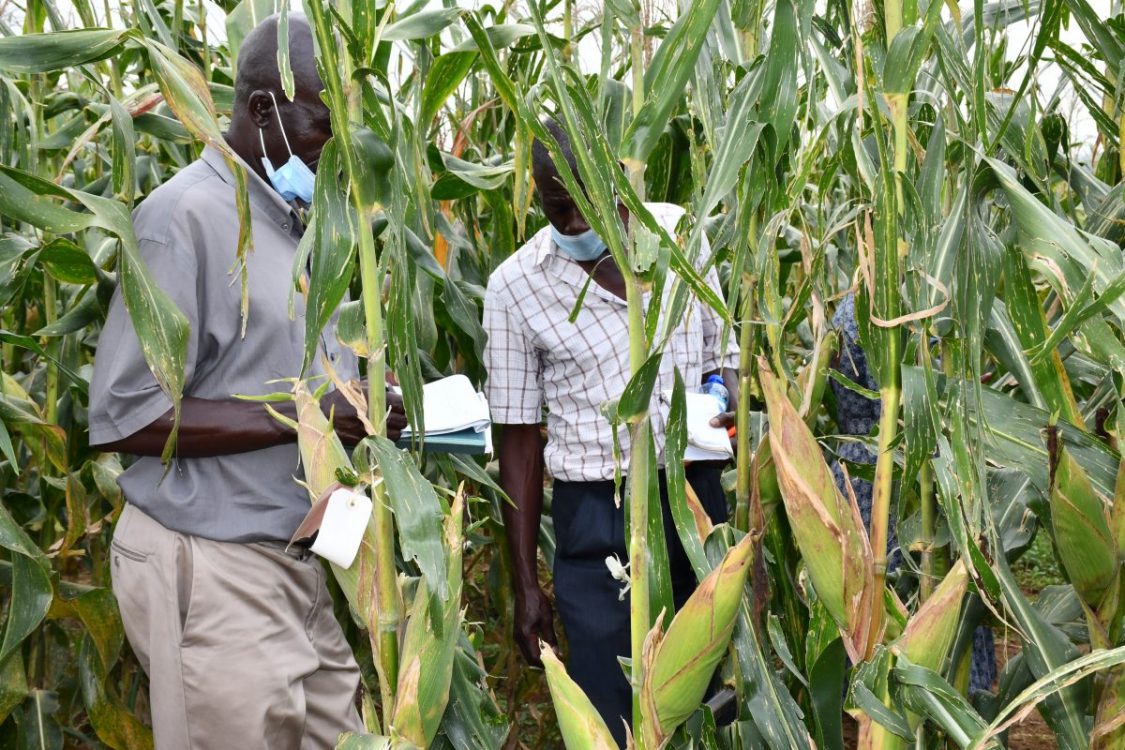Let’s make Kenya a sustainable agriculture hub
By PD columnist, November 16, 2022COP27, currently taking place in Egypt, is significant for many reasons, one being that this is the first time the conference has been held in Africa.
Secondly, it calls for a collaborative effort to combat the adverse effects of climate change, with a clarion call for all to move from negotiations and planning to implementation. Climate change has led to rising temperatures, changing precipitation patterns and extreme weather events, which have impacted food production and distribution systems globally.
According to the World Bank, Climate Change has reduced global agricultural productivity by about 21 per cent since 1961. Furthermore, the State of the Climate in Africa 2021 report indicates that Africa’s agricultural productivity has reduced by 34 per cent since 1961 due to increased temperatures. This is more than in any other region, and the trend is expected to continue, increasing the risk of acute food insecurity and malnutrition.
Kenya is currently facing one of the worst droughts, attributed to five successive failed rain seasons. More than 4.35 million Kenyans across 23 counties are affected, with 942,000 children and 134,000 pregnant and lactating mothers requiring urgent nutritional support (National Drought Early Warning Bulletin, October 2022).
Speaking during a Kenya Association of Manufacturers (KAM) Humanitarian Initiative event held to raise funds to support Kenyans affected by the drought, Deputy President Rigathi Gachagua noted that: “Close to 60 years after independence, we should not be where we are as a nation”.
He highlighted three critical areas that will provide robust, sustainable and long-lasting solutions to drive Kenya into an agricultural powerhouse, subsequently, support our economy beyond the current contribution to the GDP.
First is bringing more cultivatable land under irrigation, second is embracing smart agriculture to increase farm productivity, and third is enhancing value addition.
KAM and its members recognise that we cannot have a thriving economy if one section of the community is left out. In the short term, this calls on us all to support those affected by the drought, including assistance with food and livestock feeds.
As a long-term measure, the local industry has singled out industrialised agriculture as a critical pillar to enhance Kenya’s food security through a linkage between the agriculture and manufacturing sectors.
The government has identified agriculture as a critical sector to transform the economy as it contributes nearly 25 per cent to the GDP. Hence, it remains the backbone of the economy. Through the industrialised agriculture pillar, the manufacturing sector aims to increase the productivity of crops that impact our food security to bring down the cost of finished goods, subsequently, lower the cost of living.
On the other hand, we seek to identify crops with the potential for higher value addition to minimise waste and diversify our export portfolio. One of the main issues that have contributed to food scarcity is massive post-harvest losses that occur due to low-value addition and poor cold chain facilities.
According to a Food Agriculture Organisation report on food loss and waste, 14 per cent of the world’s food is lost after harvest, up to, but not including the retail stage of the supply chain. On the other hand, 17 per cent is wasted in retail and consumption levels. Through value addition, we can minimise waste as shelf-life increases.
The failed rain seasons have demonstrated that climate change is not just an emerging threat but a growing and undeniable reality that we are currently facing. Therefore, we must all act now to mitigate it.
Kenya also has a golden opportunity to develop and implement long-term solutions to ensure that we are an agriculture powerhouse whilst investing in sustainable agricultural practices.
President William Ruto, whilst speaking at COP27 said, “In the face of impending catastrophe, whose warning signs are already unbearably disastrous, weak action is unwise; no action is dangerous.” Now is our time!
—Rajan Shah is the Chairman of Kenya Association of Manufacturers
